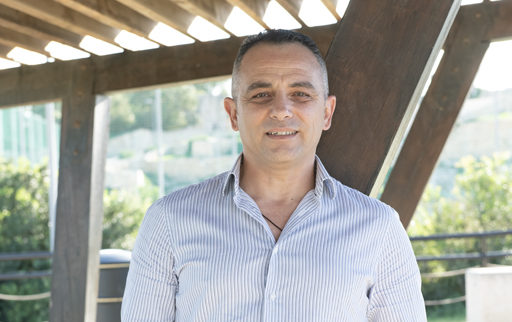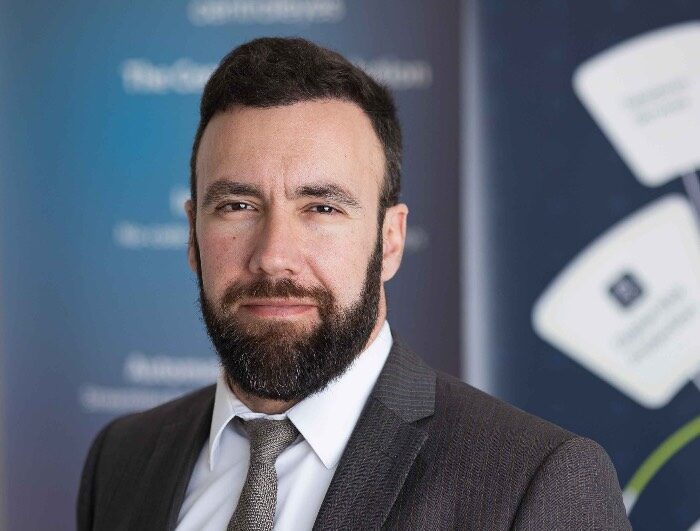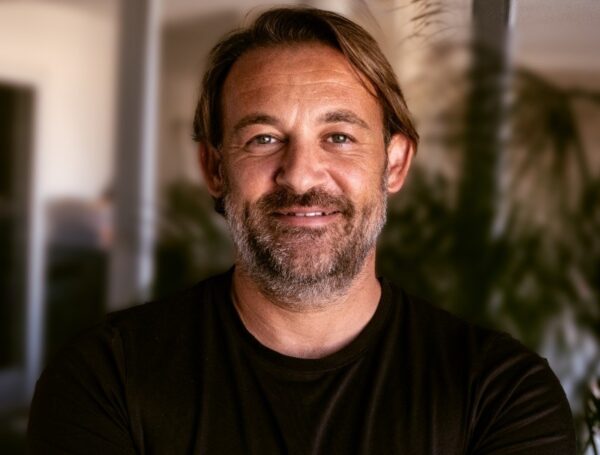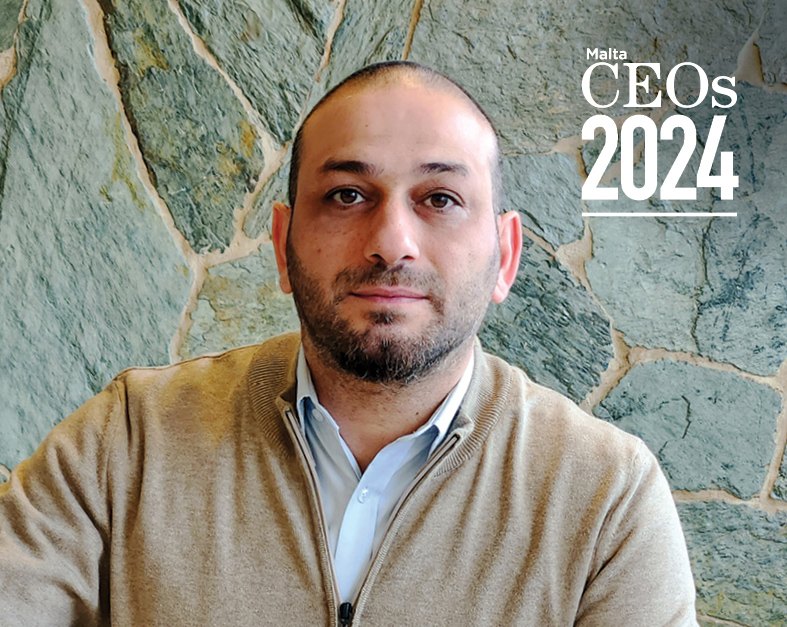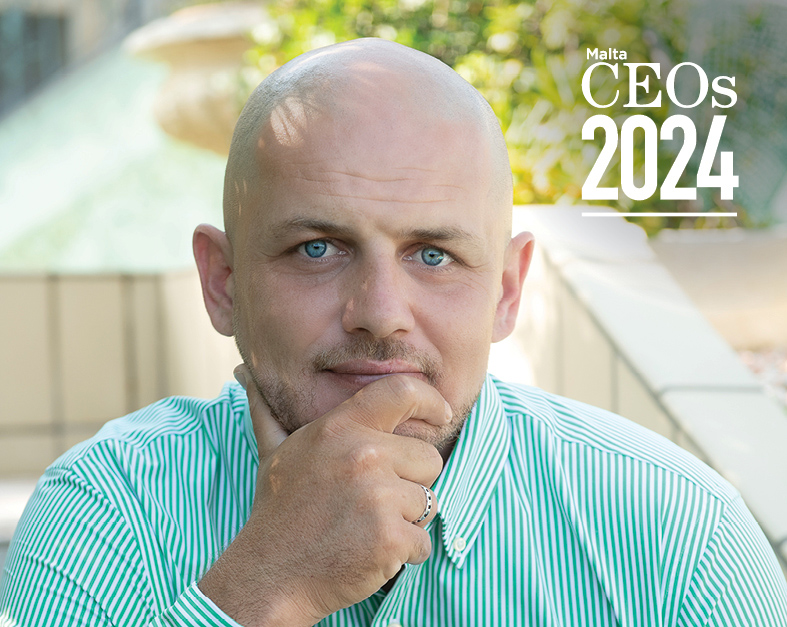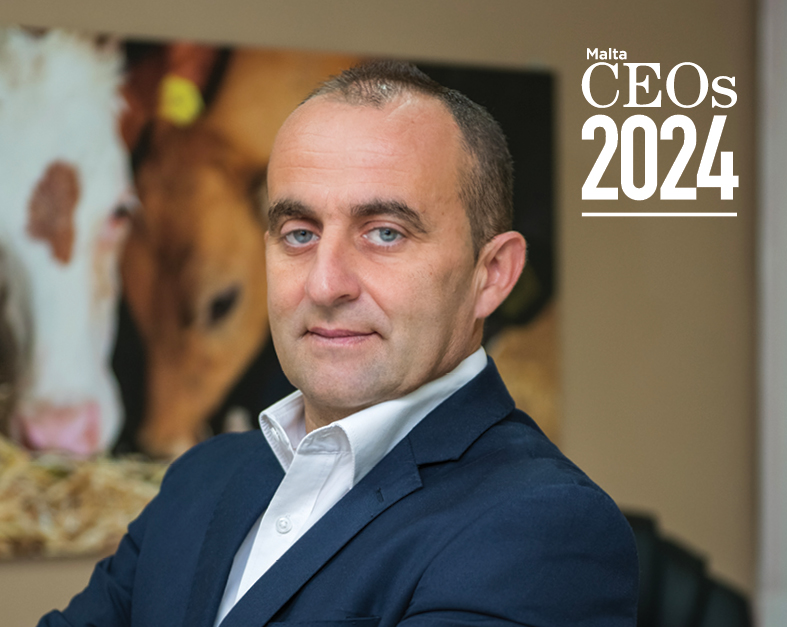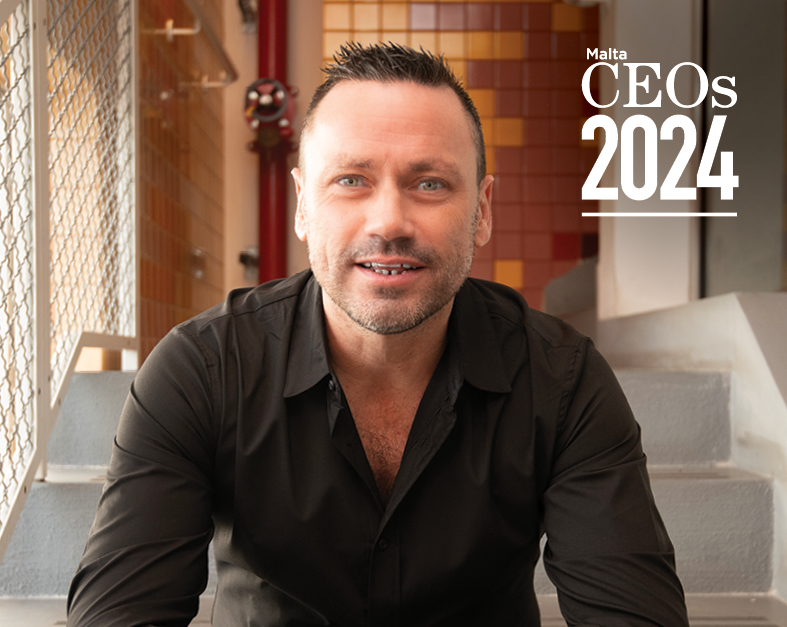In this series, prominent business figures in Malta shed light on the short-term future of business on the island, by identifying the opportunities and threats that carry the potential to redefine Malta’s industries and markets in the year to come. This feature was first carried in the annual print publication MaltaCEOs, the sister brand to MaltaCEOs.mt.
Alan Grima is the CEO of Dhalia Real Estate Services and serves on its board of directors. In his mind, the biggest threat to Malta is an economy that is still overly dependent on too few sectors.
“One of the challenges for 2024 will be to identify other sectors/niches that can help us further diversify our economy. Business growth can then be driven by further adoption of digital technologies across various industries, together with increased awareness around sustainability, renewable energy and innovation – particularly in our tourism sector.
“Although global socio-political and economic uncertainties, recruitment and sustainability pressures will be the major challenges for the local business sector in 2024, leveraging our strategic location will help foster opportunities for international partnerships.
“By further growing our partnerships, both locally and internationally, we have the potential to create breakthroughs in the health, tech and green industries in 2024. And if we keep the emphasis on the importance of sustainability and how this should be integrated in every aspect of business growth, we’ll keep moving forward in the right direction.”
First published as part of a wider feature first carried on MaltaCEOs 2024 print publication, the sister brand to MaltaCEOs.mt.
Featured Image:
Photo by Bernard Polidano
‘We have become known for our reliability, expertise & environmental responsibility’ – Director Mattheus Buyukkaya
Mattheus began his career in renewable energy as a junior, and progressed until he decided to launch his own renewable ...
‘My goal is to contribute to a greener future for generations to come’ – CEO Namik Kemal Ozden
Namik believes that you must always know who you are doing business with, whether that means visiting your suppliers, meeting ...
‘Going from being a farmer to becoming a CEO has been quite a journey’ – CEO Brian Vella
As leader of the Malta Food Agency, Brian asserts that consumers remain ‘extremely loyal’ to local produce.
‘Loyalty is important, not just as a measure of client loyalty, but as a tangible form of positive feedback’ – CEO Luke Todd
As a business leader, Luke favours smaller teams, allowing greater control of culture and unique selling propositions.


